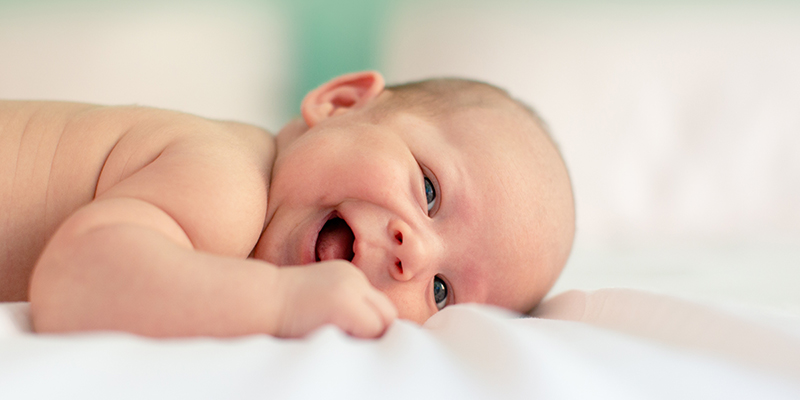Search
A widespread G2P[4] rotavirus epidemic in rural and remote Australia provided an opportunity to evaluate the performance of Rotarix and RotaTeq rotavirus vaccines, ten years after their incorporation into Australia's National Immunisation Program.
To compare the developmental and behavioral outcomes of children experiencing an initial vaccine-proximate (VP) febrile seizure (FS) to those having a non-VP-FS (NVP-FS) and controls who have not had a seizure.
A multi-country randomized, placebo-controlled trial of the safety, immunogenicity and efficacy of respiratory syncytial virus (RSV) F-protein nanoparticle vaccine was undertaken in 4,636 pregnant women and their infants. RSV F-protein vaccine was safe and immunogenic in the pregnant women inducing anti-F IgG, palivizumab-competing antibodies and RSV neutralizing antibodies that were transferred to the fetus.
Australian infants who received whole-cell pertussis vaccines were less likely to be diagnosed with food allergy in childhood
No new safety concerns were identified for live attenuated herpes zoster vaccine in this study based on a novel, Australian primary care data source
The findings of this postmarketing assessment of the safety of 2 new enhanced influenza vaccines support confidence in ongoing vaccine use
The P3-MumBubVax intervention is feasible and acceptable in the Australian public antenatal setting

A new study has confirmed the changing pattern of meningococcal disease in Western Australia.

An international team of researchers has pioneered a technique which gives unprecedented insight into the dramatic changes occurring in a baby’s body in the first week of life.

As many as a quarter of Australian babies aren’t getting vaccinated on time, leaving them at risk of developing life-threatening illnesses such as whooping cough when they are most vulnerable.
